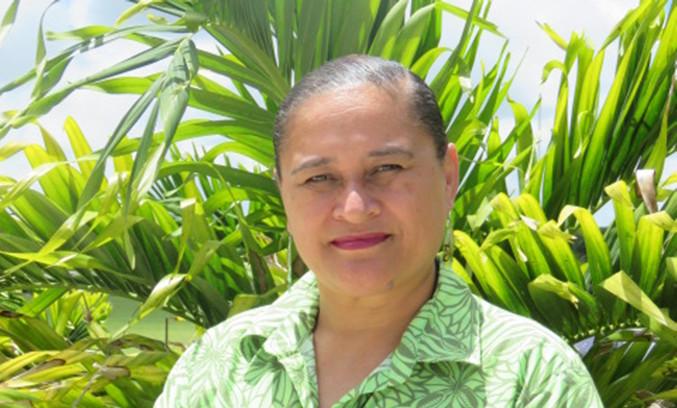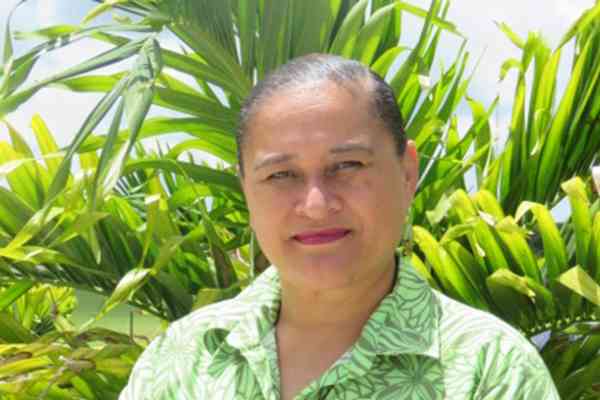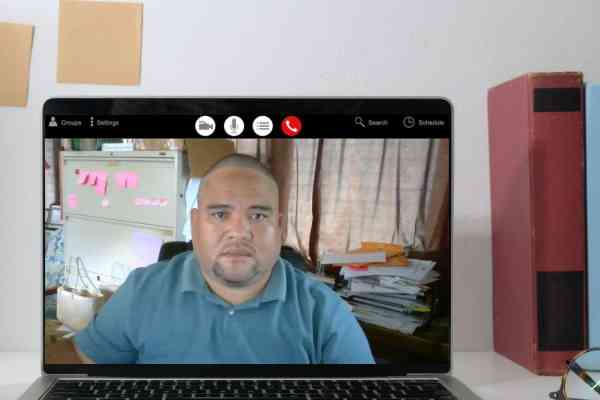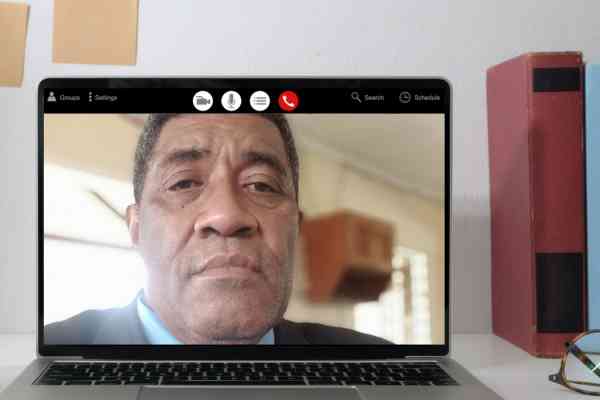Read Carol’s experience in administering PILNA despite the challenges her team had faced in Niue, last year.
1. Please describe your experience in facilitating the assessment in your country with the added challenge of COVID restrictions?
Facilitating the assessment for PILNA during COVID-19 restrictions was quite challenging. Although we did not have any COVID-19 cases at the time, we had added pressures from other areas. I do feel that time was a major factor and the timing of PILNA clashed with the busiest time in the school calendar. However, during COVID-19 times we have to prepare ourselves to deal with whatever disruptions we encounter. We are resilient people and this is what we do best - deal with challenges and get on whatever needs to be done.
2. What were some of the challenges you have encountered during the administration/implementation of PILNA in your country?
Communication is difficult during normal situations however navigating zoom sessions with unstable internet connections proved to be even more difficult. Air freight of materials was another area of concern. When you only have one flight a week it makes things just a little bit harder. We did have a misunderstanding with not having enough scripts and had to ask for confirmation to reprint some of the scripts.
3. How did you overcome these challenges?
We are grateful for the assistance from our USP centre that enabled us to conduct our training sessions at their facilities which had stable internet connectivity. The teachers that administered and marked the scripts sacrificed part of their holidays to finalize the marking. The dedication of our teachers was exceptional. We had great communication with the EQAP Team and the assistance from the Team was instrumental in the successful administration of PILNA.
4. How does your country benefit from PILNA?
The administration of PILNA produces valuable data needed to better understand the needs of our students. It creates another avenue that allows for the assessment of Literacy and Numeracy skills. This gives us insight into where our students are at and how we as a school can address the gaps in their learning.
It is a valuable tool for our teachers to improve the quality of education in our Nation.
5. Any other comments?
We would like to thank the team from EQAP for the assistance from the start of the item writing, the trial until the administration of PILNA in 2021. I would also like to thank our Education Ministry and our teachers for the support in this process.
Pacific Islands Literacy and Numeracy Assessment (PILNA) 2021: Meet Carol Edwards, PILNA National Coordinator 2021 – Niue
Suva
Blog Category
A conversation with
Division
Educational Quality and Assessment
Countries
1430
Educational Quality and Assessment
1430
Educational Quality and Assessment
Niue
Niue
A conversation with
A conversation with




